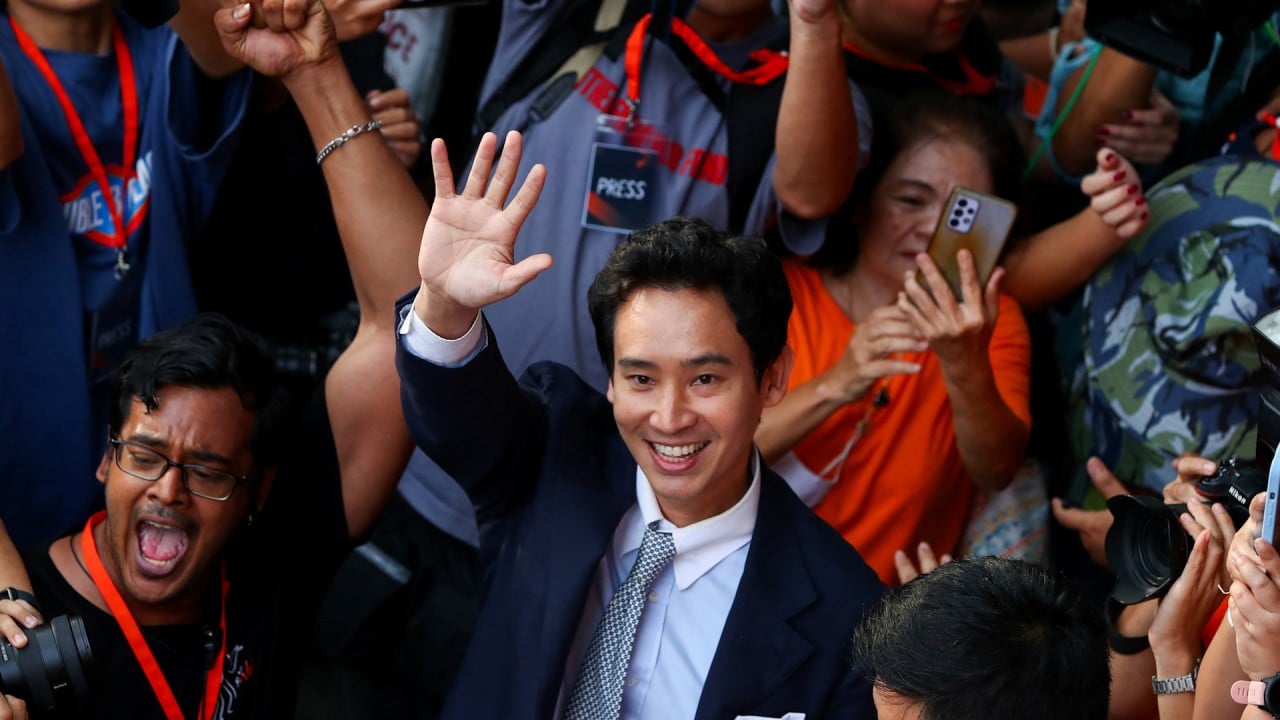Thailand’s disbanded Move Forward regroups as new party, eyes power in 2027
“We will carry on Move Forward’s ideology. The mission for me and the party is to create a government for change in 2027,” Natthaphong told a press conference.
The dissolution, which was criticised by the United States, Britain and European Union, was the latest salvo in a two-decade battle for power in Thailand that broadly pits its conservative establishment and royalist military against popularly elected parties.
Move Forward’s liberal agenda has won massive support from young and urban voters, but earned it some powerful enemies, with plans that include reforming the military and dismantling business monopolies worth billions of dollars each year.
Its bid to amend a law on royal insults was its undoing, riling influential generals and royalists with far-reaching connections, who see the monarchy as sacrosanct.
Though the court in a January ruling ordered Move Forward to drop its campaign, Natthaphong said the new party would continue the push to change the law, known as article 112, though with caution.
Thailand’s lèse-majesté law one of the world’s strictest of its kind, with punishments of up to 15 years for each perceived insult of the crown. The palace typically does not comment on the law.
“We have said we propose to amend article 112 to ensure that this law is not a political tool used to abuse others, but we won’t be careless,” Natthaphong said.
“I think we will continue to push for the improvement and fixing of this law, which is still problematic.”
Nattapong is a graduate in computer engineering and was Move Forward’s deputy secretary general, working on the party’s digital policies, which were key to its election win.
The English name People’s Party was commonly used by the Khana Ratsadon, which launched a 1932 revolution that ended the country’s absolute monarchy.
